Speech Therapy for Children with Hearing Loss: Where to Start
Are you a speech-language pathologist working with children who have hearing loss? Are you struggling to know where to start in speech therapy and what to do? Erin Gaul from Your Speech Path, LLC joined us LIVE on The Speechie Show to share her tips for doing speech therapy with children with hearing loss. #speechieshow
Below are the links to the products that were talked about in the Speechie show:
- Erin’s Site: www.speechpathwitherin.com
- Speech Banana
- Sounds at Home Bingo: https://www.amazon.com/Key-Education-Listening-Lotto-Educational/dp/1933052384/ref=sr_1_1?s=toys-and-games&ie=UTF8&qid=1496081775&sr=1-1&keywords=sounds%20at%20home
If you’d rather listen to the audio version of the Speechie Show, click here:
Or if you prefer to read the transcript, see below:
Welcome to the Speechie Show! Being a speech-language pathologist often means having too much work and not enough planning time. To beat the overwhelm, we’re bringing you the tricks and tools that will make your job a little bit easier.
Carrie: Hello everyone and welcome to the speeches show. I am your host Carrie Clark from Speech & Language kids.com and I am here today with Erin from Your Speech Path LLC. Thank you so much for joining us, Erin.
Erin: Sure, I am happy to be here.
Carrie: Excellent. today we are talking about where to start in therapy with your students who are deaf or hard-of-hearing. And we are going to share some tips today about how to get started with that, some therapy ideas, and we’re going to do some giveaways here in just a couple minutes. So, stay tuned if you’re here with us on Facebook Live you’ll get a chance to participate in our giveaways. Alright, so we’re talking about deaf and hard-of-hearing students today. And Erin why don’t you go ahead and introduce yourself and your experience with students who are deaf or hard-of-hearing.
Erin: Sure. So, my career started when I saw Mr. Holland’s Opus when I was a teenager and fell in love with sign language and the deaf community. I went a little bit of a different path in speech, initially. My background is a Bachelor’s in deaf study. I learned American Sign Language in college and then I went to Gallaudet University in DC for my Master’s in speech-language pathology. My passion has always been deaf and hard-of-hearing kiddos. So, it has been from the beginning and it is my bread and butter and I am really excited to talk about it today.
Carrie: Absolutely! Okay so are you in private practice now or working in the schools or what are you doing?
Erin: I am. I just opened my own private practice in January. I’ve worked in early intervention, preschools, outpatient rehab, private practice, and now I’ve just opened my own. So, private practice is definitely my forte. I really, really love it.
Carrie: Fantastic. Okay, so as we are going along today if you are watching with us live, we encourage you to type in questions. If you have any questions about the deaf or hard-of-hearing community or any of the things we’re talking about, go ahead and type those into the comment section. And go ahead and type in right now what age group you are working with so we can make sure that we’re getting you the information you want. So, if you’re watching with us live go ahead and type in the comments what age group you’re working with and we’re going to jump in here today with five tips that will help you get started with treating a student who is deaf or hard-of-hearing. So, the first thing we want to talk about is our background information. Obviously, that’s always where we start as a speech-language pathologist. So, let’s talk about what that looks like for a student who is deaf or hard-of-hearing. What’ve you got Erin?
Erin: Okay, so when you know that you have a child that is deaf or hard-of-hearing on your caseload you want to do some research before jumping into therapy. We want to do this with all of our kids, but in particular with the deaf and hard-of-hearing kids. There’s a lot of information that you need to know beforehand. You want to know the age of the child you’re working with, you want to know the age of onset of the hearing loss, was the hearing loss identified it first, was it a late diagnosis. These are going to be really important when it comes to the therapeutic process. You want to know the degree of the hearing loss. Is it a mild loss, a moderate, a severe or a profound? And that’s going to indicate what type of amplification they’re going to be using. Because children with cochlear implants have to be severe to profound. Hearing aids are likely mild to moderate, around that degree. You want to know the type of hearing loss. So, one of the types is called conductive and that’s when sound waves can’t or have difficulty passing through the outer or middle ear. There’s no damage in the middle ear and this can be caused by infection of the outer ear otitis externa. Or one of the common ones we hear about all the time with our kids and our client’s otitis media that good old-fashioned ear infection. Other things can cause a conductive loss such as a hole in the eardrum or the tympanic membrane. Trauma such as damage, pressure in the ear, ear surgery, ear infection, all of these can cause a conductive hearing loss. And then another type is the sensory neural hearing loss and that is damage to the inner ear or the cochlea where all of the nerve paths go from the inner ear and travel to the brain to that auditory nerve. Sometimes there’s damage to the hair cells in the cochlea. Sometimes there’s a missing auditory nerve. And it’s very important to find this out. I’ve had some stories where a speech therapist didn’t know that there was no auditory nerve in a child. So, it’s very important to check that information.
Carrie: That’s helpful! Helpful to know.
Erin: It happens you know. And then there’s mixed hearing loss where there’s a combination of conductive and sensorineural. And then the last thing to think about when gathering all the background information is the age of the child when the hearing aids, cochlear implant, the Baja’s, were first used. I have a particular kiddo who was diagnosed at Birth but he wasn’t amplified until 2 years old. So, he missed…click here to read the full transcript.
Browse All Hearing Loss Resources:
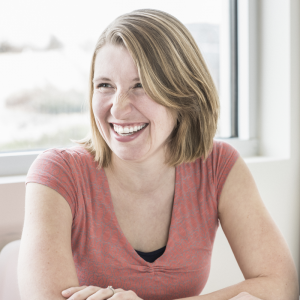
About the Author: Carrie Clark, MA CCC-SLP
Hi, I’m Carrie! I’m a speech-language pathologist from Columbia, Missouri, USA. I’ve worked with children and teenagers of all ages in schools, preschools, and even my own private practice. I love digging through the research on speech and language topics and breaking it down into step-by-step plans for my followers.
Connect with Me:

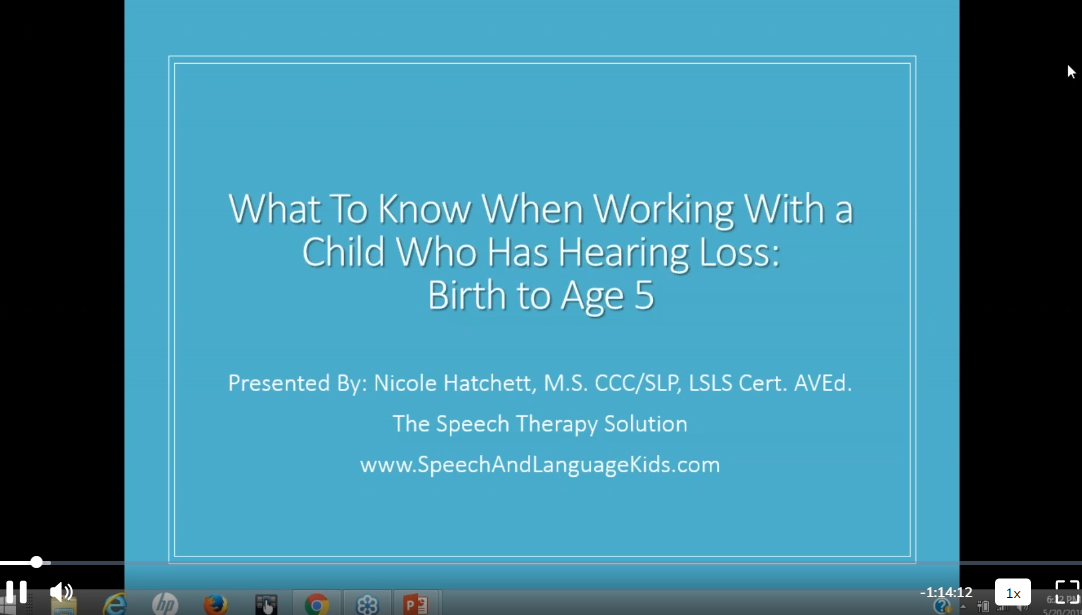
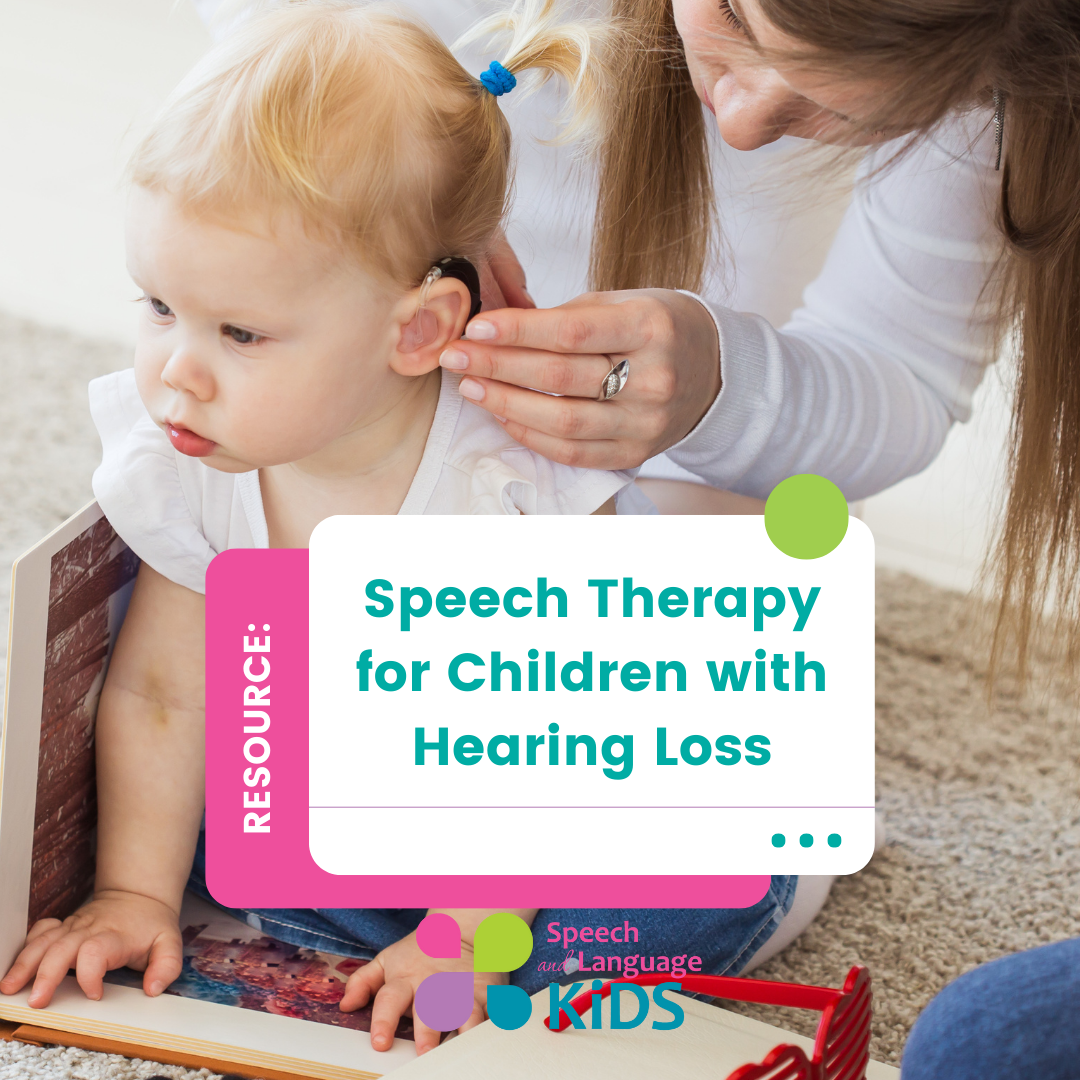
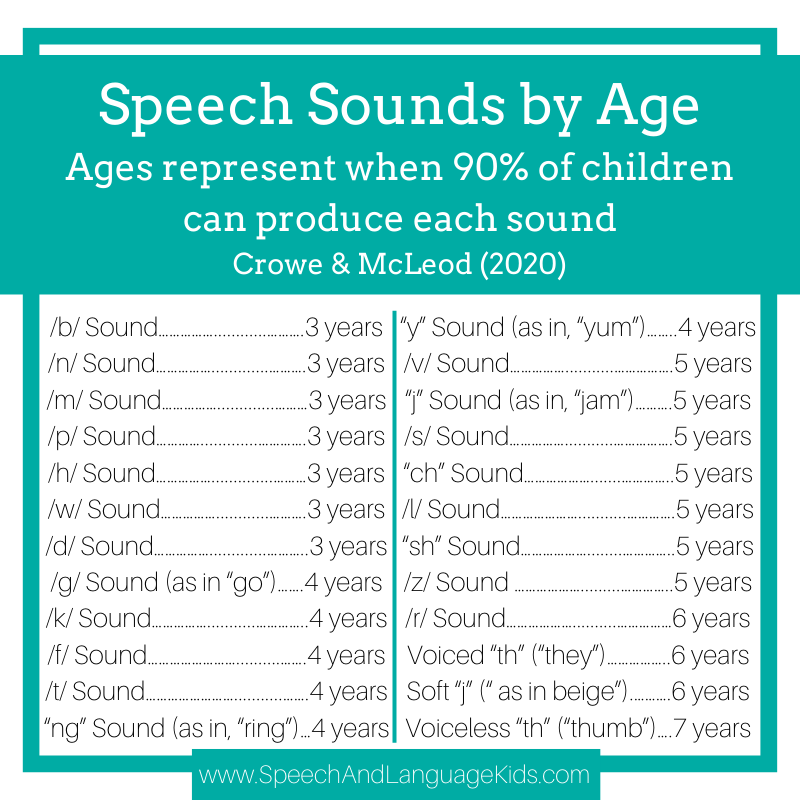
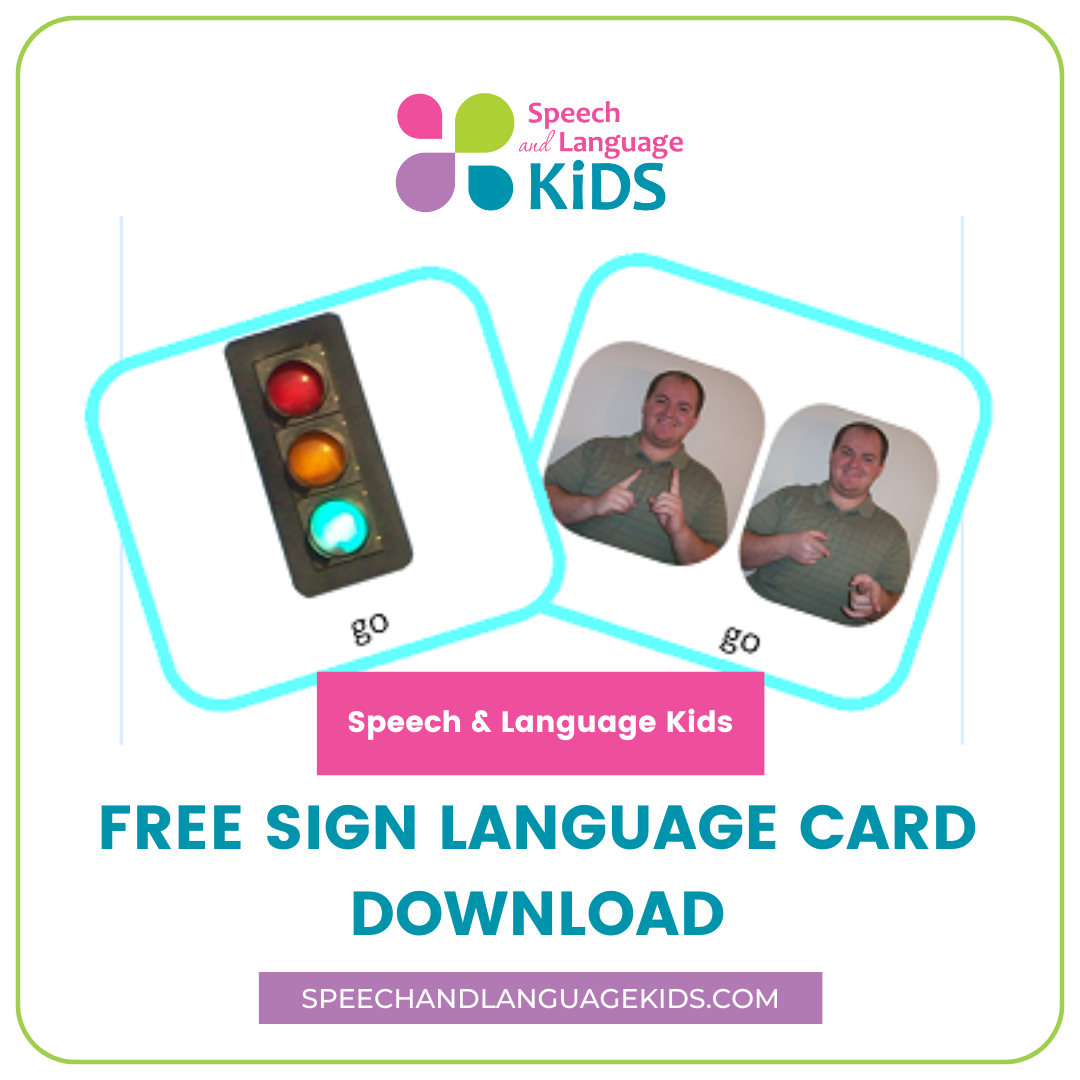






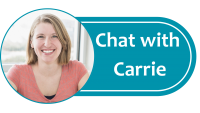

The https://thelisteningroom.com/ is also another great recourse to find therapy materials for students who are D/HoH.
I love that you’re addressing how to improve the communication of children who are deaf or hard of hearing! I’m a deaf educator specialized in listening and spoken language and one area that I’ve found to be challenging for children who are DHH is pragmatics and self advocacy. I’d love to hear more information on how you promote self advocacy skills!
http://languagefortheplayground.com/2017/06/05/top-5-social-behaviors-for-success-in-the-early-childhood-classroom/